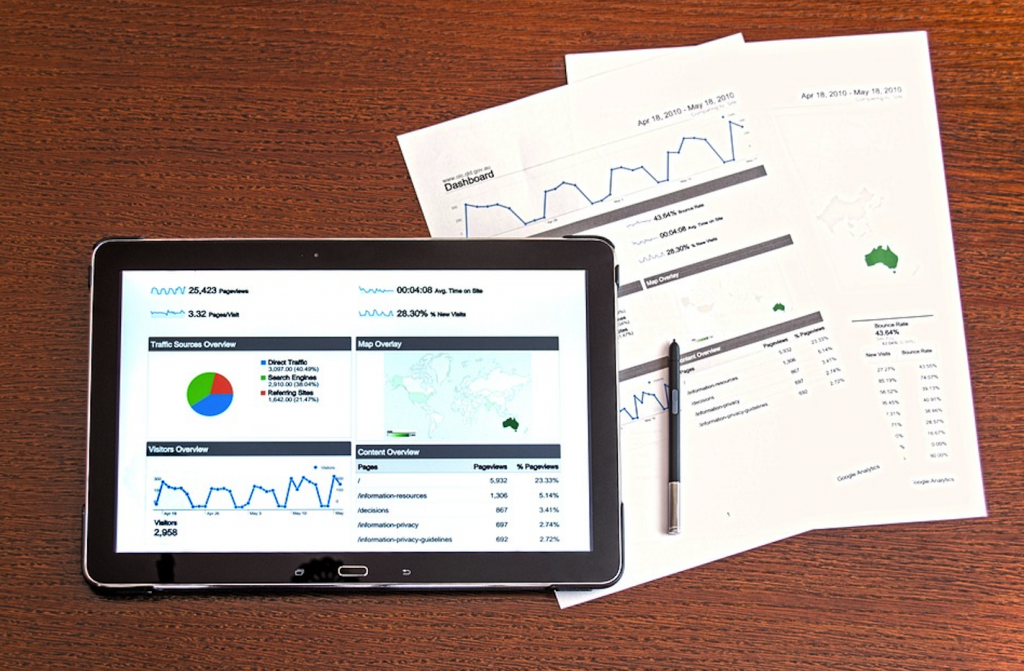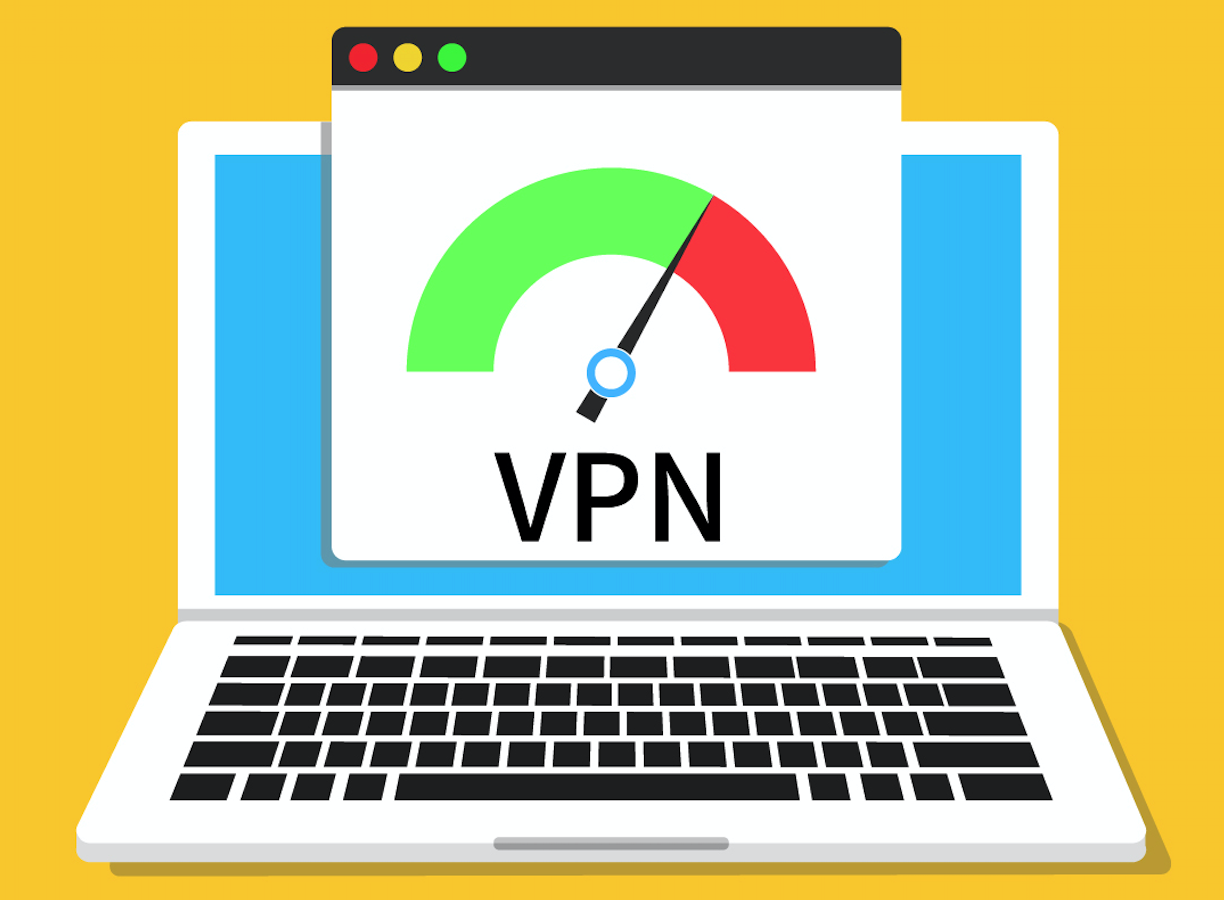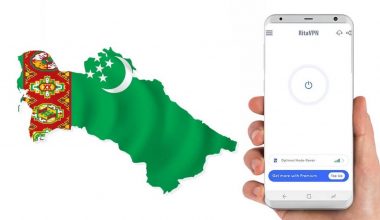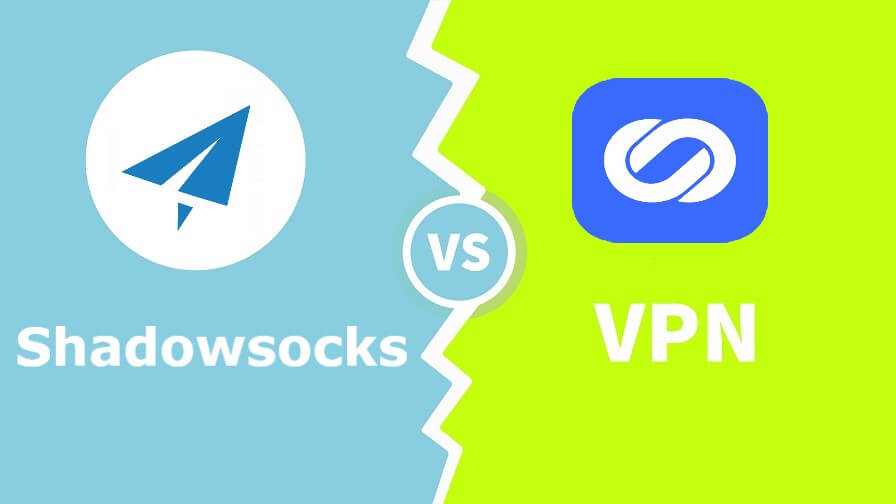If you use a web browser like Chrome, Firefox, Internet Explorer, Edge, or Safari, then you’ve probably noticed it that there’s an annoying popup asking you to accept cookies while browsing the websites. Cookies are used by the owners of websites to remember a wealth of information and your behaviour on your surfing: your login information, your favourite items, your wish list, what you click on, etc. In this article, we’ll talk into how cookies record your online web activities and how to stop them tracking you.
Types of cookies
There are two types of cookies: session cookies and persistent cookies.
Session Cookie
Session cookie is the most basic type of cookie. Session cookies only exist temporarily and will deleted when you close the browser. A common use for session cookies is remembering what’s in your shopping cart on an e-commerce site. Session cookie will come with an expiration date.
First-party persistent cookies
Persistent cookies are written onto your device’s memory and come with an expiration date. They are only used by the website that created them, and can last however long the website dictates. They remain on your device even after you close your web browser. For instance, remembering your log information so you don’t need to input your username and passpord every time you visit the same site.
Third-party persistent cookies
Third-party persistent cookies, also known as tracking cookies, are the main focus we’re talking into. These cookies are stored in your device’s memory and have a set expiration date. However, unlike the first-party variety, third-party persistent cookies are accessed on websites that didn’t create them. This allows the cookie’s creator to gather the users’ information any time they visit websites with resources belonging to them.
Where do tracking cookies come from?
Websites today are rarely made up solely of code and content created by the website owner. Instead, they use resources from other sites to build and add functionality to their websites. These resources are often useful and even essential for a website to compete. Unfortunately, those same resources are often the biggest perpetrators of online tracking. Some of the most common resources that use tracking cookies include: Web analytics, social media widgets and advertisements.

What is cookie and How to stop tracking cookies?
You don’t even need to click on an ad or social media sharing button for a tracking cookie. As soon as you load the page, the cookie is sent to the server. And if no cookie exists yet, the resource can create one.
For example, you write an article including a video that’s hosted on another website. The other website can send the existing cookies or create a cookie to its server even though you’re not actually on that website, you just loaded a resource from it. Similarly, most ads and widgets aren’t hosted by the websites. They are just resources pulled from third-parties and they all use cookies.
Some of the biggest companies are using tracking cookies, include: Twitter, Facebook, Google, Adnxs, Scorecard Research, Doubleclick, Quantserve, etc.
What do tracking cookies know about you?
Tracking cookies are usually used for advertising purposes, especially for retargeting. Retargeting often relies on tracking cookies showing ads to people who have previously visited a specific site or shown interest in a particular product or service. For instance, if you found that you’ve ever bought or checked a product on eBay and then started seeing ads for similar products on another website, well, that means you’ve been retargeted.
These tracking cookies can start bringing a lot of information about your online activities. Google is the largest online advertising company in the world, and there are also many similiar advertising comepanys, ads are everywhere. Because of this, advertising companies can gather your information together, like what websites you visit and which page you click on. When cookies are sent back to their servers, they often include information about the previous site that you visited, called a referrer URL.
Browsing history is just the start. Tracking cookies can record all kinds of information: search queries, location,browser version, oprating system, device information, last time you saw the advertisements, etc.
How to stop tracking cookies?
The first step to prevent tracking cookies is to delete cookies in your browser. There an option to toggle on Do Not Track in your browser settings. Enabling this feature will send a request for the website you’re currently on to disable its cross-site user tracking of individual users. This includes tracking cookies.
Privacy Badger is also a good choice for that. An ad blocker like Adblock Plus helps, too.
Use a VPN
Speaking of tracking you by tracking cookies, IP addresses can also do it too. Every device connected to the internet is assigned a unique IP address that allows your device to communicate with other devices. But also since they are unique, they can be used to track you by websites.
To avoid being tracked by your IP address, I recommend using a VPN. VPN stands for Virtual Private Network. A VPN encrypts your communication and routes it through an intermediary server making you surf the internet anonymously. This makes it nearly impossible to trace your online activities by your IP address. With a VPN, no one can see what page you visit, what product you’re interested in anymore. VPN download






